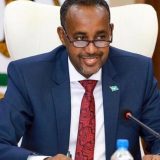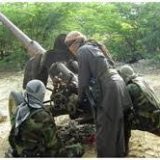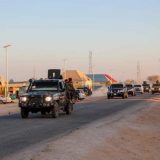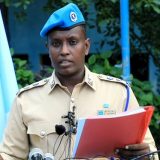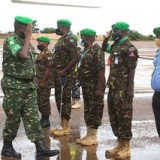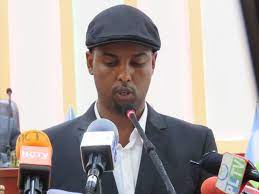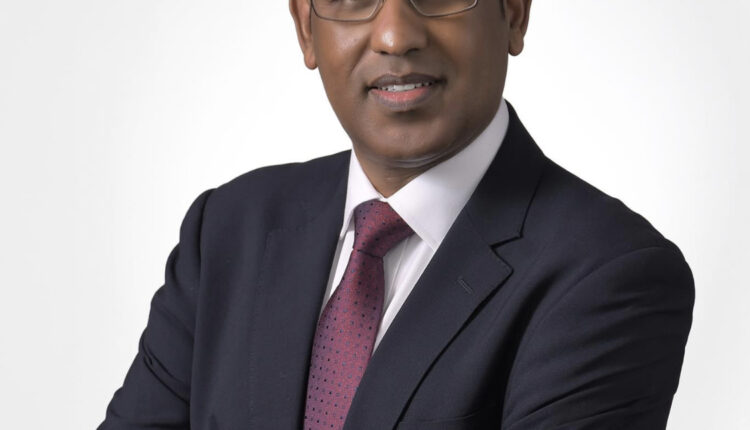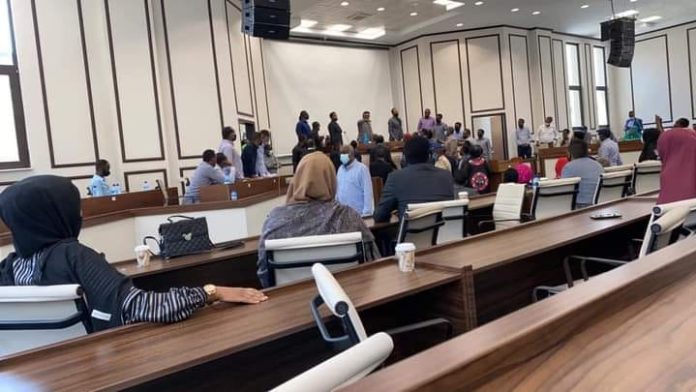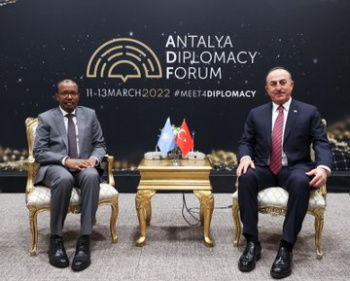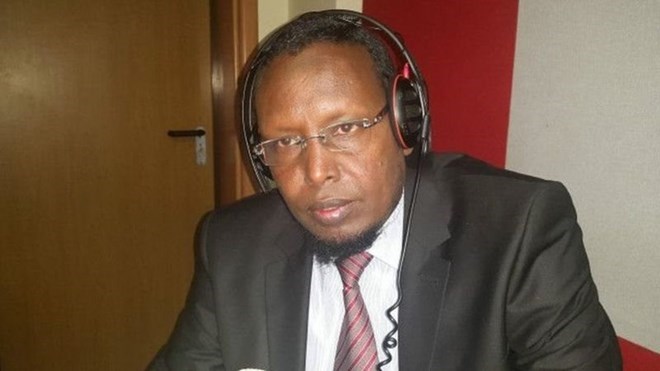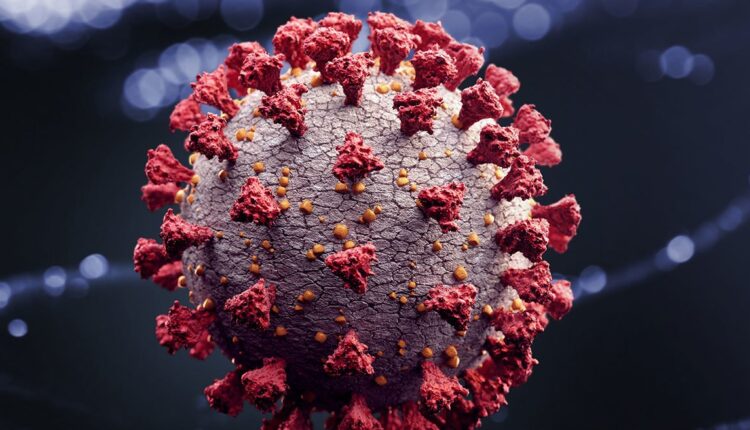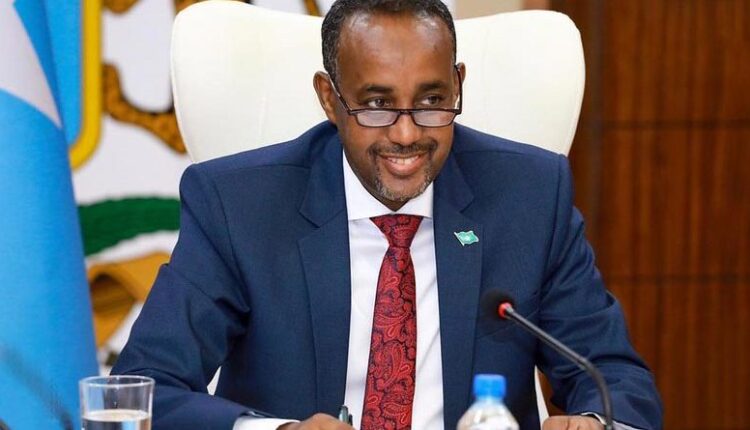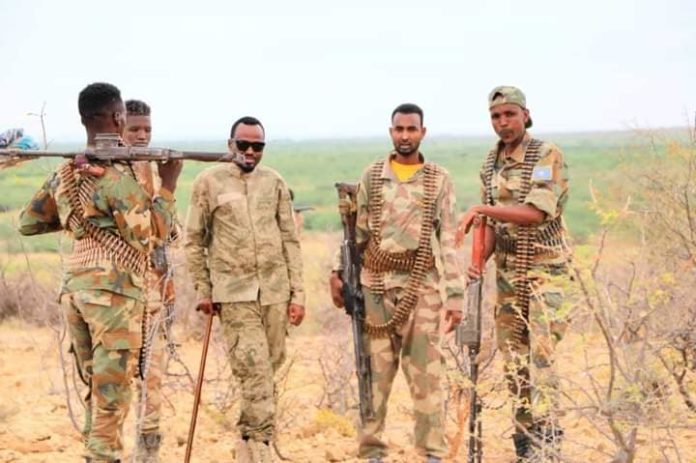Somalia: senior UN official calls for global support to improve human rights situation
While noting significant improvement in several sectors in long-troubled Somalia, a senior United Nations official today warned that the country’s progress is “at risk” without increased support from international partners to ensure the promotion and protection of human rights.
“Despite persisting challenges there is a significant improvement in the security situation in Somalia,” UN Assistant Secretary-General for human rights Ivan Šimonović told reporters in the Somali capital, Mogadishu, at the end of a five-day visit to the country.
Mr. Šimonović also observed that meaningful progress has been made by Somalia in its operations against Al Shabaab militia, in the implementation of the Human Rights Road Map, in reforming the justice and security sectors, in the State-building process and the consultations on an electoral model for 2016.
He welcomed the steps undertaken towards the adoption of legislation for a National Human Rights Commission and urged the Parliament to ensure the Commission’s independence and its compliance with the Paris Principles – a set of international standards which frame and guide the work of National Human Rights Institutions.
However, Mr. Šimonović stressed that Somalia continues to face a “series of human rights challenges,” such as the recent allegations of serious human rights violations committed during military operations.
He called on the Government and all security forces operating in the country, including the Somali National Army, African Union Mission in Somalia (AMISOM) and other forces to take measures to prevent and address violations of international human rights and humanitarian law.
“Violations of international human rights and humanitarian law affect the reputation and credibility of security forces. Such violations also alienate the population they are expected to protect, and therefore negatively affect the ultimate success in the fight against terrorism,” said Mr. Šimonović.
Further, he recalled that UN entities are bound by a Human Rights Due Diligence Policy according to which the support they provide to national and international security forces must be based on compliance with international humanitarian, human rights and refugee law.
Upon visiting a centre for disengaged Al Shabaab combatants in Baidoa, Mr. Šimonović stressed that terrorism cannot be overcome only by military operations and stressed the urgent need to address the root cause of terrorism, including poverty, corruption and lack of good governance, unemployment, social exclusion and marginalization.
It is important to strengthen democratic space with a free and strong civil society, gender equality and the promotion and protection of fundamental rights such as freedom of expression and association, as well as inclusivity in the ongoing national consultative process and sustained mainstreaming of human rights in the State-building process,” he added.
Mr. Šimonović also expressed his outrage at yesterday’s killing of civilians seeking humanitarian aid and stressed that perpetrators must be identified and punished.
“People receiving assistance are vulnerable. Access to humanitarian aid should benefit from a special level of protection. I call on national authorities to take the necessary security measures to ensure protection of this access,” he concluded.
Source: UN

